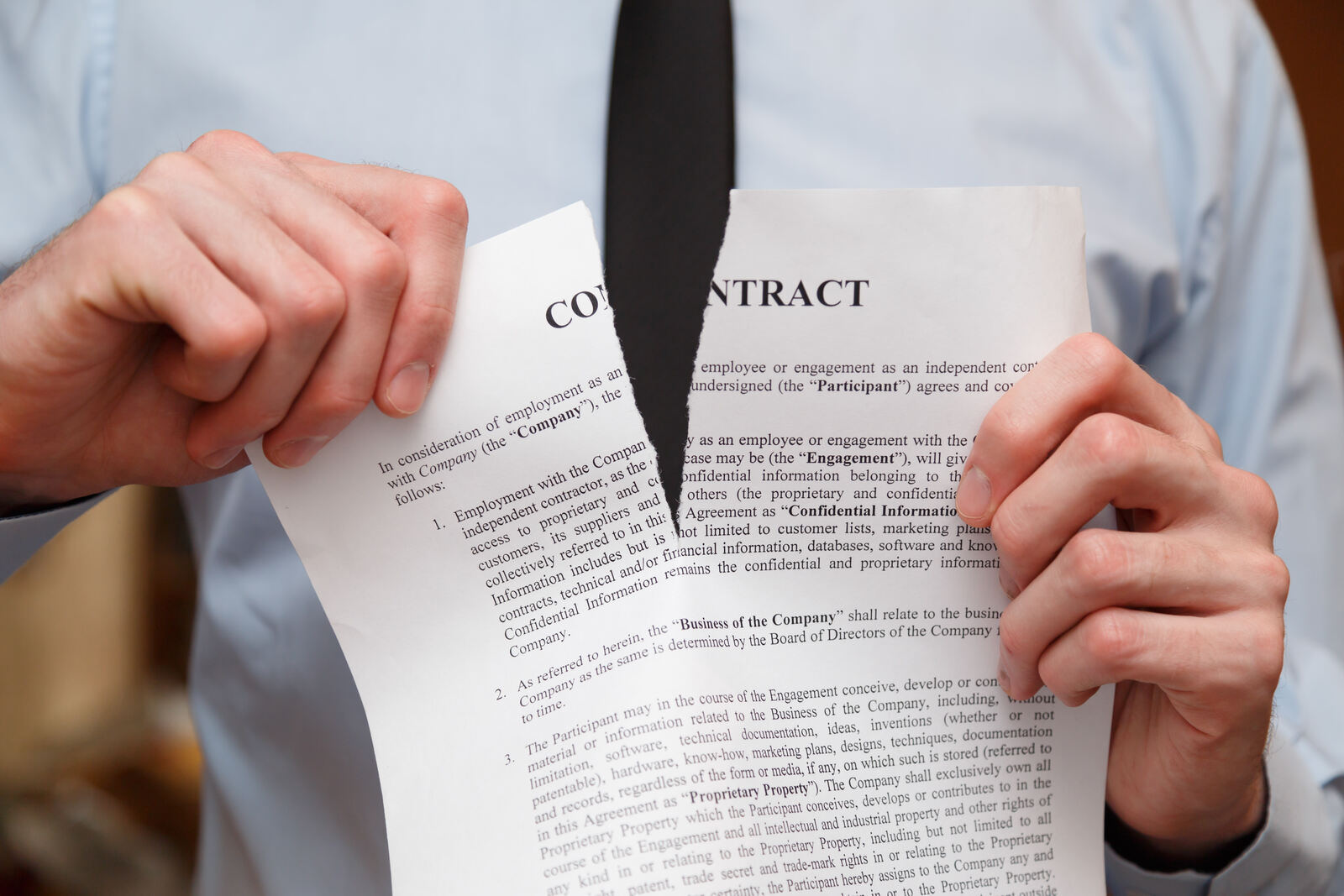I’d like to think that nobody signs a lease with the intention of breaking it, yet circumstances often arise where breaking a lease, even with a penalty, makes sense for the tenant. Here’s a hint: our renters become buyers.
Your work wants to transfer you to a different city and give you a promotion and a raise? You decide to buy a place of your own? Your apartment routinely has problems and your landlord won’t fix anything? You lose your job and the rent suddenly becomes too expensive? These are all common reasons given when tenants break a lease and each can be life-changing and more importantly—house-changing.
Know the Penalties Spelled out in Your Current Lease
Every lease is different so it is absolutely imperative that you speak to a lawyer before attempting anything herein.
It is no surprise that leases favor the landlord since they are the people that decide which lease to use in most cases. A good lease though will spell out obligations that both parties have to respect and a large portion is typically dedicated to leases prematurely ending. There is almost always a financial penalty charged to the tenant and it is often the forfeiture of the security deposit and the prepaid last month’s rent.
Read your lease carefully and seek legal counsel on what you will be required to pay by leaving early.
Speak to Your Landlord
Unless you’re leaving because of a problem with the landlord, you may be able to come to an agreement that doesn’t hit your wallet as hard as what is in the lease. Landlords can be understanding! They may be ok with your departure.
Make Leaving a Win/Win for you and the Landlord
Sometimes doing something as simple as finding a new tenant to take your place can be enough to let the landlord allow you to leave with out penalty. Sites like Craigslist make it awfully easy for you to start the search for your replacement.
Bonus Tip. If you want to propose to your landlord that you will find the replacement tenant yet your landlord still doesn’t bite, convince her why this actually benefits her over time. It’s simple! If your lease is up in January for example, the landlord will likely not find someone immediately. However, if you find the tenant then the lease will end many months later! You truly can create a win/win scenario!
Subletting may be an Option
Most leases, especially those used here in Southwest Florida, preclude a tenant from subletting the property. Be sure to read through your lease and ensure you’re able to sublet. If you are allowed to do so and the rental market has strengthened, you may even be able to earn a profit subletting!”


